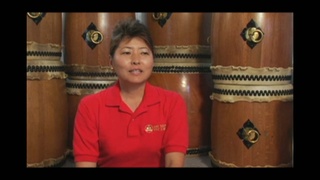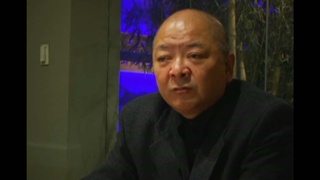Interviews
Several ways to participate and integrate into Japanese society (Spanish)
(Spanish) I think that from now, we must integrate, first by learning the language; second, participating with the Japanese community, right? There are the International Associations in many cities and they do lots of events. So one can participate first, as a volunteer for the day of the event. Then one is gradually connecting and participating and incorporating (oneself) into Japanese society. What happens is that in our countries there are no activities in the community right? Well, there will be a football game, but there is no community participation in our countries. And in Japan there is plenty. Well I, as I have been involved in Yamato City, first as an interpreter and translator, and now, for about twelve years, giving news in Yamato, on the radio in Yamato, well, for a very short time, but information in Spanish every Sunday ...Then there is a project that they are doing, and I am also a member (of it). So, with this participation, there are many things that I did not know, although I already have been here for fifteen years, I did not know. So I say, maybe this can apply so that our Latin American peers integrate into society. What can be done in this moment is to participate through sports. Right? So with sports, there are parents and children. The family goes. Then there ... And now the Japanese also like soccer a lot, so this is a means to integrate parents and children, Japanese and foreigners. But the trouble is there isn’t (anything). There are no such places where they can carry this out, right? If there is, it is quite expensive because they have to pay the rent and all of that, right? And I always think ... I have many desires, (and) that little by little, suddenly it will be fulfilled because now people ... There is no money, but there is time. I*: It is a good opportunity (laughs) It is a good opportunity * "I" indicates an interviewer (Alberto Matsumoto).
Date: March 24, 2009
Location: Tokyo, Japan
Interviewer: Alberto Matsumoto
Contributed by: Watase Media Arts Center, Japanese American National Museum










